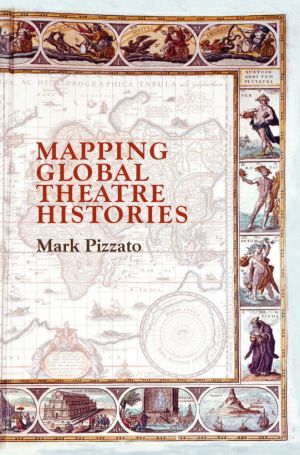
This book provides a global, chronological mapping of significant areas of theatre, sketched from its deepest history in the evolution of our brain's 'inner theatre' to ancient, medieval, modern, and postmodern developments. It considers prehistoric cave art and built temples, African trance dances, ancient Egyptian and Middle-Easter...
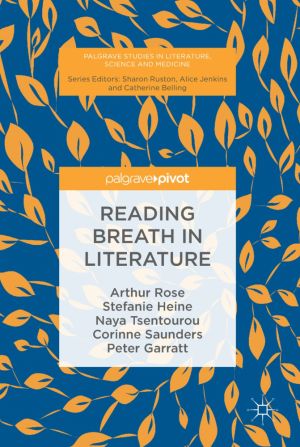
This book presents five different approaches to reading breath in literature, in response to texts from a range of historical, geographical and cultural environments. Breath, for all its ubiquity in literary texts, has received little attention as a transhistorical literary device. Drawing together scholars of Medieval Romance, Early Modern Drama, ...
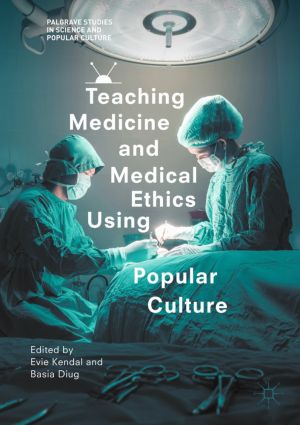
This book demonstrates how popular culture can be successfully incorporated into medical and health science curriculums, capitalising on the opportunity fictional media presents to humanise case studies. Studies show that the vast majority of medical and nursing students watch popular medical television dramas and comedies such as Grey’s Anatomy,...
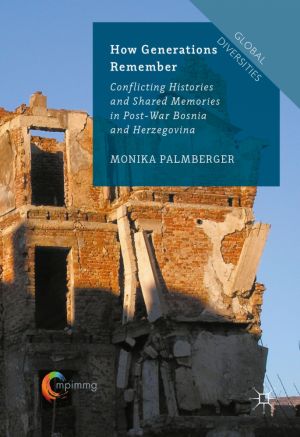
This book provides a profound insight into post-war Mostar, and the memories of three generations of this Bosnian-Herzegovinian city. Drawing on several years of ethnographic fieldwork, it offers a vivid account of how personal and collective memories are utterly intertwined, and how memories across the generations are reimagined and 'rewritte...
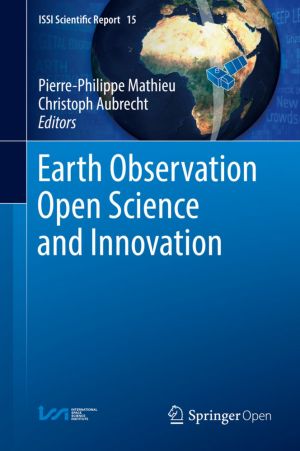
Over the past decades, rapid developments in digital and sensing technologies, such as the Cloud, Web and Internet of Things, have dramatically changed the way we live and work. The digital transformation is revolutionizing our ability to monitor our planet and transforming the way we access, process and exploit Earth Observation data from satell...

This open book discusses the eroding economics of nuclear power for electricity generation as well as technical, legal, and political acceptance issues. The use of nuclear power for electricity generation is still a heavily disputed issue. Aside from technical risks, safety issues, and the unsolved problem of nuclear waste disposal, the economic pe...
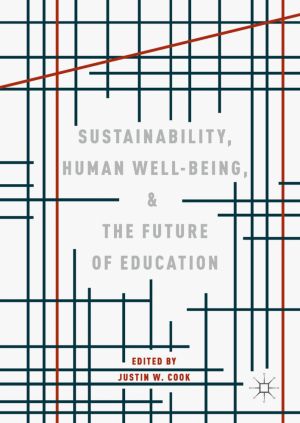
This book explores the key dimensions of a future education system designed to enable individuals, schools, and communities to achieve the twin twenty-first century challenges of sustainability and human well-being. For much of the twentieth century, Western education systems prepared students to enter the workforce, contribute to society and succe...
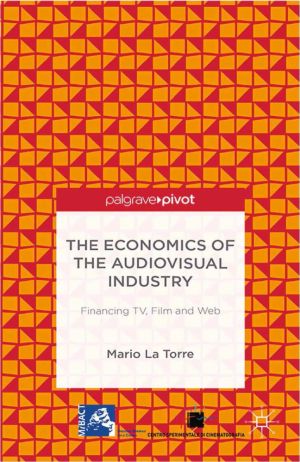
Recent reductions in public funding for audiovisual products have led to dramatic changes in the industry. The lack of interaction between the industry and capital markets has made sourcing funds for audiovisual products especially difficult.
This book explains why the distance between the audiovisual and financial markets exists, and considers th...
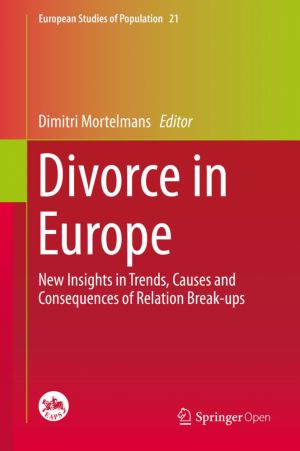
This free book collects the major discussions in divorce research in Europe. It starts with an understanding of divorce trends. Why was divorce increasing so rapidly throughout the US and Europe and do we see signs of a turn? Do cohabitation breakups influence divorce trends or is there a renewed stability on the partner market?In terms of divorce...
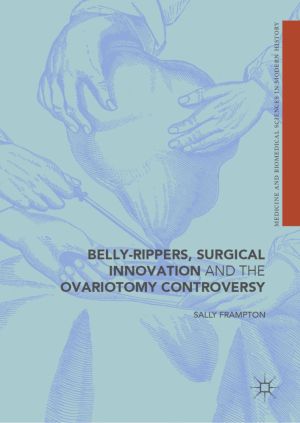
This book looks at the dramatic history of ovariotomy, an operation to remove ovarian tumours first practiced in the early nineteenth century. Bold and daring, surgeons who performed it claimed to be initiating a new era of surgery by opening the abdomen. Ovariotomy soon occupied a complex position within medicine and society, as an operation which...
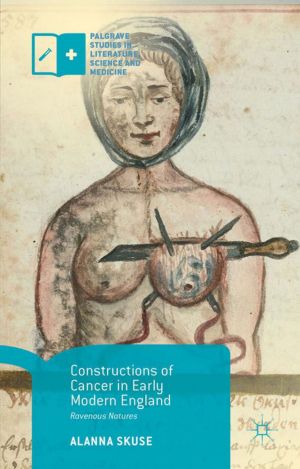
This book is open access under a CC-BY licence. Cancer is perhaps the modern world's most feared disease. Yet, we know relatively little about this malady's history before the nineteenth century. This book provides the first in-depth examination of perceptions of cancerous disease in early modern England. Looking to drama, poetry and pole...
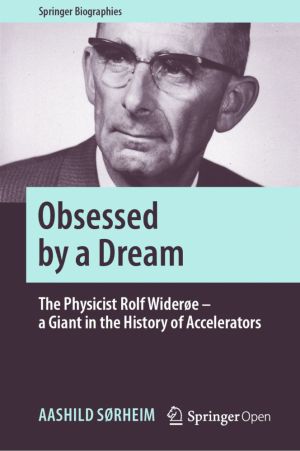
This Open Access biography chronicles the life and achievements of the Norwegian engineer and physicist Rolf Widerøe. Readers who meet him in the pages of this book will wonder why he isn't better known.The first of Widerøe's many pioneering contributions in the field of accelerator physics was the betatron. He later went on to build th...

This open access book examines the educational conditions that support cultures of exploration in kindergartens. It conceptualises cultures of exploration, whether those cultures are created through children's own engagement or are demanded of them through undertaking specific tasks within different institutional settings. It shows how the con...
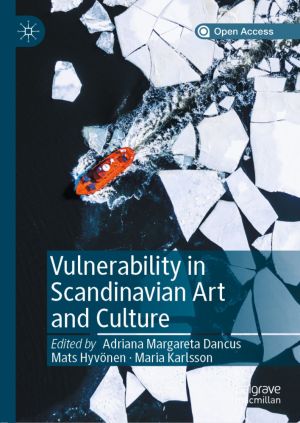
In this open access book, seventeen scholars discuss how contemporary Scandinavian art and media have become important arenas to articulate and stage various forms of vulnerability in the Scandinavian welfare states. How do discourses of privilege and vulnerability coexist and interact in Scandinavia? How do the Scandinavian countries respond to vu...
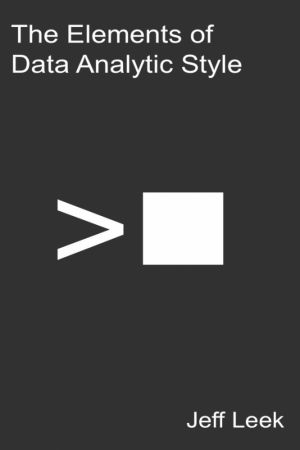
The dramatic change in the price and accessibility of data demands a new focus on data analytic literacy. This book is intended for use by people who perform regular data analyses. It aims to give a brief summary of the key ideas, practices, and pitfalls of modern data analysis. One goal is to summarize in a succinct way the most common difficultie...

The Book of Judith tells the story of a fictitious Jewish woman beheading Holofernes, the general of a powerful army, to free her people. The story has fascinated artists and authors for centuries, and is becoming a major field of research in its own right.
The Sword of Judith is the first multidisciplinary collection of essays to discuss repres...
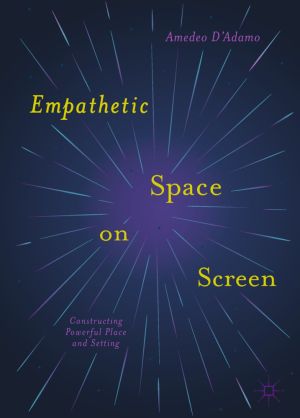
In this book we learn that there is a clear but complex relationship between setting and character on screen. Certain settings stand out above others—think of the iconic gooey dripping tunnels that Ripley stumbles through in Aliens, Norman’s bird-decorated parlour in Psycho or the dark Gotham of certain Batman movies. But what makes these parti...
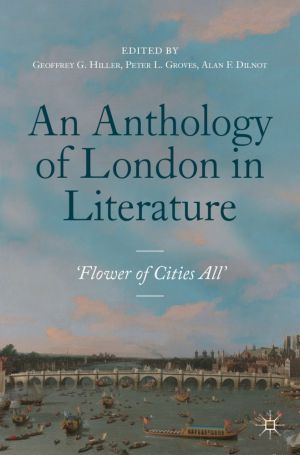
This book is an anthology of extracts of literary writing (in prose, verse and drama) about London and its diverse inhabitants, taken from the accession of Queen Elizabeth I in 1558 to the outbreak of the Great War in 1914. The 143 extracts, divided into four periods (1558-1659, 1660-1780, 1781-1870 and 1871-1914), range from about 250 words to 2,5...
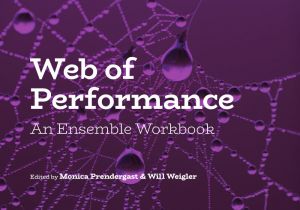
If you love being involved in theatre and you're also searching for opportunities to make a positive difference in your community, this workbook was written for you. You may think that theatre and all the other things you are passionate about represent different directions in your life, but they don't have to be separate. They can converg...
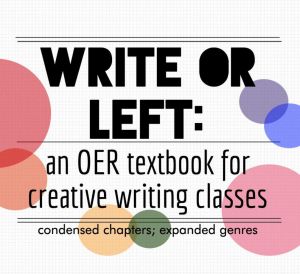
Most creative writing textbooks cover the three popular categories of literature: poetry, nonfiction, and fiction. This textbook is different in two ways, then, because not only does it attempt to cover more genres.
Creative writing is a massive and inexact field. Telling stories by ways of poetry, short stories, novels, and other media can be c...
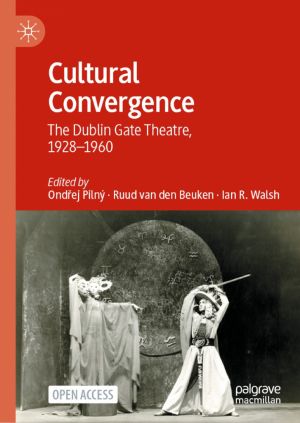
Based on extensive archival research, this open access book examines the poetics and politics of the Dublin Gate Theatre (est. 1928) over the first three decades of its existence, discussing some of its remarkable productions in the comparative contexts of avant-garde theatre, Hollywood cinema, popular culture, and the development of Irish-language...
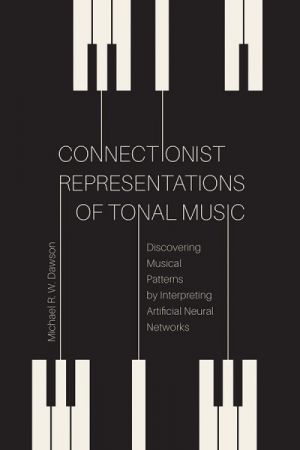
Previously, artificial neural networks have been used to capture only the informal properties of music. However, cognitive scientist Michael Dawson found that by training artificial neural networks to make basic judgments concerning tonal music, such as identifying the tonic of a scale or the quality of a musical chord, the networks revealed formal...
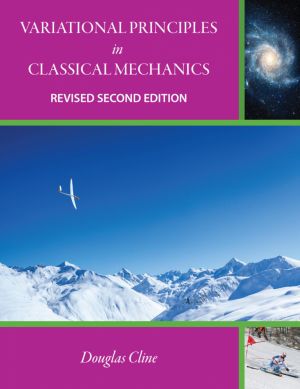
Two dramatically different philosophical approaches to classical mechanics were proposed during the 17th - 18th centuries. Newton developed his vectorial formulation that uses time-dependent differential equations of motion to relate vector observables like force and rate of change of momentum. Euler, Lagrange, Hamilton, and Jacobi, developed power...
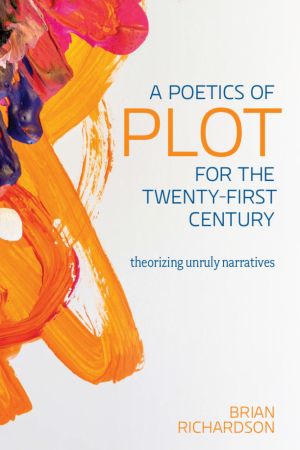
Story, in the largest sense of the term, is arguably the single most important aspect of narrative. But with the proliferation of antimimetic writing, traditional narrative theory has been inadequate for conceptualizing and theorizing a vast body of innovative narratives. In A Poetics of Plot for the Twenty-First Century: Theorizing Unruly Narrativ...

Maria Stuart, described as Schiller's most perfect play, is a finely balanced, inventive account of the last day of the captive Queen of Scotland, caught up in a great contest for the throne of England after the death of Henry VIII and over the question of England's religious confession. Hope for and doubt about Mary's deliverance gr...
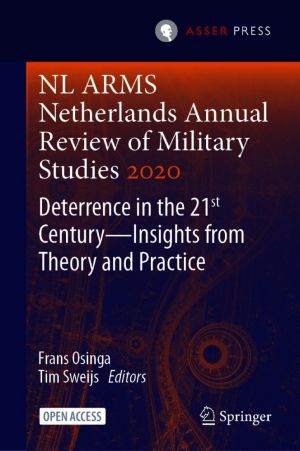
This open volume surveys the state of the field to examine whether a fifth wave of deterrence theory is emerging. Bringing together insights from world-leading experts from three continents, the volume identifies the most pressing strategic challenges, frames theoretical concepts, and describes new strategies.
The use and utility of deterrence in...
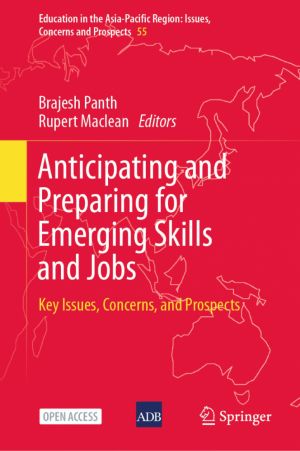
This open book analyzes the main drivers that are influencing the dramatic evolution of work in Asia and the Pacific and identifies the implications for education and training in the region. It also assesses how education and training philosophies, curricula, and pedagogy can be reshaped to produce workers with the skills required to meet the emerg...
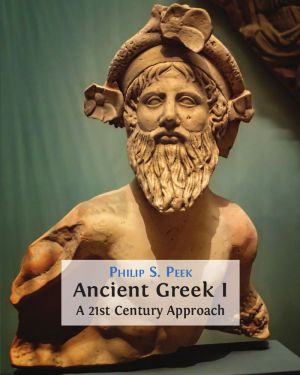
In this elementary textbook, Philip S. Peek draws on his twenty-five years of teaching experience to present the ancient Greek language in an imaginative and accessible way that promotes creativity, deep learning, and diversity.
The course is built on three pillars: memory, analysis, and logic. Readers memorize the top 250 most frequently occurr...
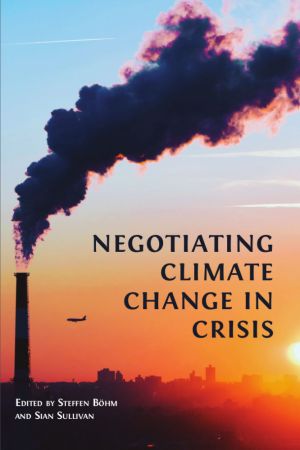
Climate change negotiations have failed the world. Despite more than thirty years of high-level, global talks on climate change, we are still seeing carbon emissions rise dramatically. This edited volume, comprising leading and emerging scholars and climate activists from around the world, takes a critical look at what has gone wrong and what is to...
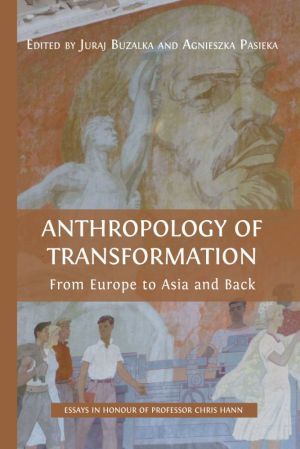
This collection of essays is the result of the joint efforts of colleagues and students of the leading social anthropology and post-socialism theorist, Professor Chris Hann. With the thirtieth anniversary of the collapse of the Berlin Wall in 2019 as their catalyst, the authors reflect upon Chris Hann's lifelong fieldwork in the discipline, sp...
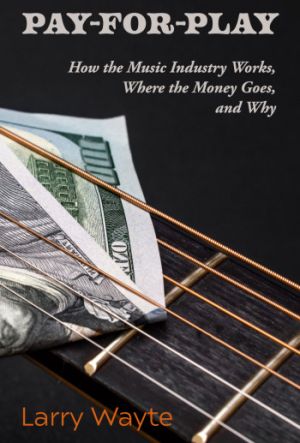
Understanding the music industry as it exists today requires an understanding of how it developed over time. Today's music industry would most certainly not be the one anybody would design from scratch. It has many inefficiencies and quirks that reflect the economic pressures and musical concerns of bygone ages.
The history of music is clos...
